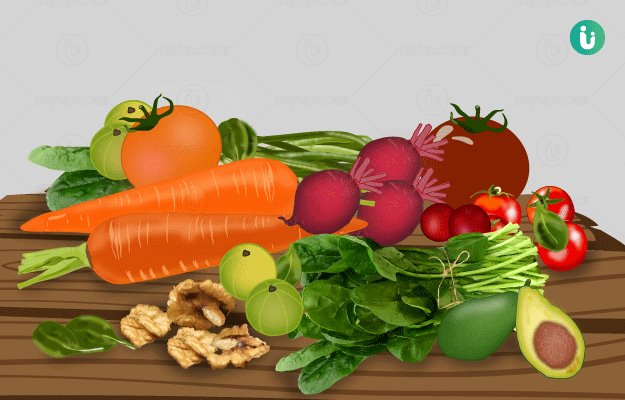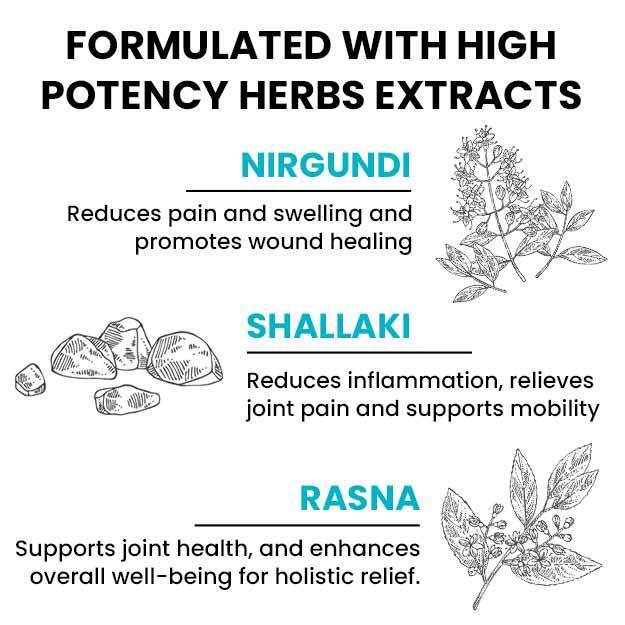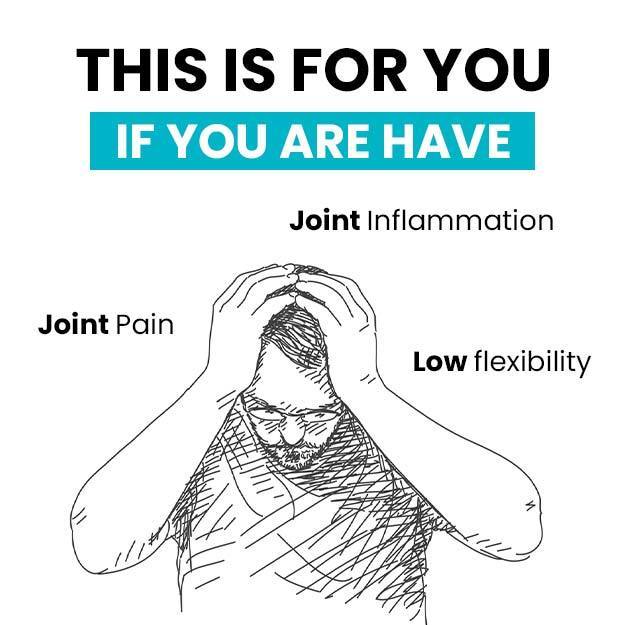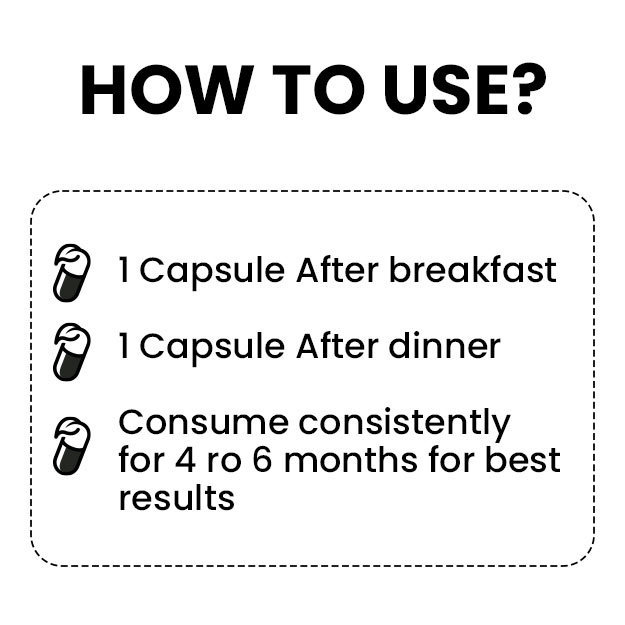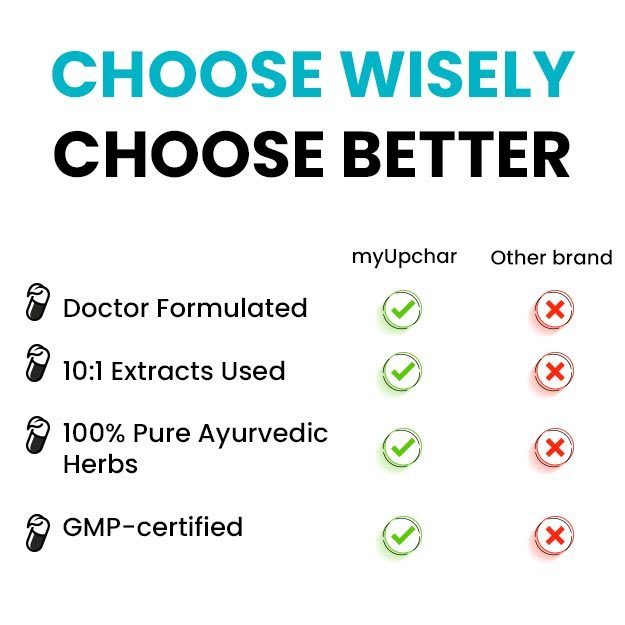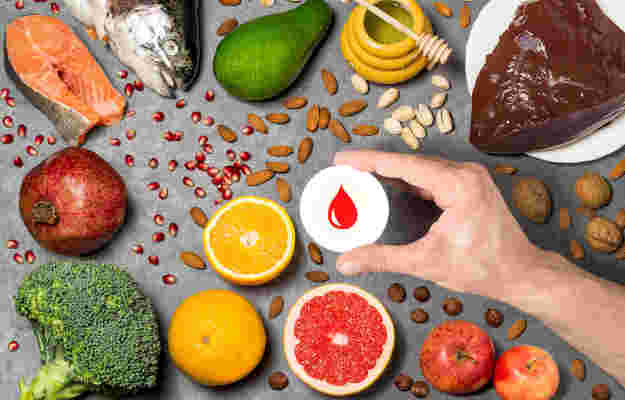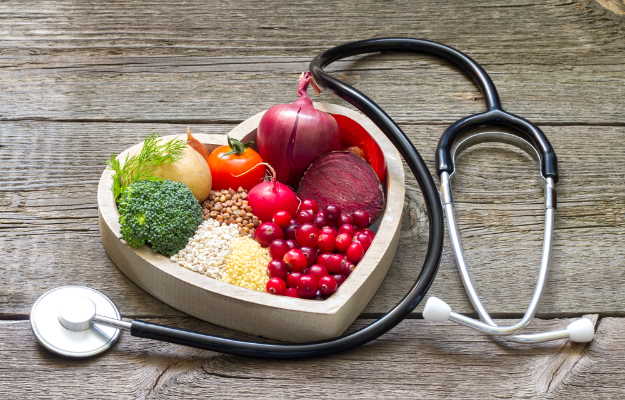There is a lot that your health depends on, from the genes you were born with to the air you breathe every day. Food and nutrition form a huge part of this foundation for good health in your life. From the moment of conception, nutrition plays an important role in how you develop. Even before childbirth and breastfeeding, babies in the womb obtain nutrition from their mothers. Any nutritional deficiencies, malnutrition or infections the mother has can affect how the child’s brain and body develop.
So, healthy dietary practices are required to start early in life and continue thereafter for long-term health benefits. This is the reason why following a balanced diet with nutritious and healthy foods throughout your life is very important. Doing so can not only reduce your risk of becoming overweight but also prevent non-communicable diseases like malnutrition, obesity, diabetes, hypertension, heart disease, stroke and cancer.
The World Health Organization (WHO) says that while a balanced diet consisting of healthy foods is vital for good health, the components of this diet vary depending on characteristics like age, gender, lifestyle, degree of physical activity, cultural contexts, locally available foods and dietary customs. However, the basic tenets of what healthy foods are remain the same globally despite these differences.
This understanding of healthy foods is driven largely by nutrition science. While the idea that you should get nutrition from a wide range of foods from all categories is well known, recent research also suggests which dietary patterns and unhealthy foods you should avoid for better health. Rapid urbanization and changing lifestyles have also led to greater consumption of processed foods and less consumption of healthy foods. This shift can do further harm to your health so, taking stock of your dietary patterns and diet components is even more important today.
(Read more: Detox diet)
Unhealthy foods to avoid
There are many foods that people consume nowadays because they are tasty, convenient or cheap but aren’t as healthy. Consuming these unhealthy foods can have the exact opposite effect on your health when compared to the results you get from the consumption of healthy foods. This means that eating these foods can lead to health issues like obesity, diabetes, heart disease, speed up ageing and cognitive decline and result in overall low quality of life.
Often, these unhealthy foods are also marketed in the form of comfort foods, because of which people also tend to consume too much of them. This is an equally harmful practice. Completely cutting off these foods, however, is very difficult and may create a sense of deprivation that can later spur binge-eating or overeating. The best thing to do is to reduce the quantity of unhealthy foods you consume to a minimum and replace the unhealthiest ingredients in these foods with healthier substitutes. The following are some unhealthy foods you should avoid:
-
Refined grains
-
Saturated and trans fats
-
Added sugar
-
Excess sodium
Refined grains
In their natural form, grains are extremely beneficial because they are healthy foods packed with dietary fiber, essential vitamins and minerals and even phytonutrients. Refined grains, on the other hand, are anything but beneficial for your health. The intake of refined grains and their flours like maida has been associated by many studies with adverse health outcomes like increased risks of cardiovascular disease, type 2 diabetes and obesity. This is the reason why most doctors and nutritionists recommend the replacement of refined grains with whole grains.
Saturated and trans fats
The WHO recommends that the intake of saturated fats should be less than 10% of your daily total energy intake, while that of trans fats must be less than 1%. Industrially-produced trans fats in the form of junk, processed or deep-fried foods should be further avoided since they can cause even more harm. The WHO estimates that the intake of trans fats leads to more than 500,000 deaths due to cardiovascular diseases, which is more reason why you should avoid these foods.
Added sugar
You may not realise this but added sugars have a way of sneaking into your diet through everything from junk food and beverages to those desserts you love so much. Consumption of these added sugars can cause obesity, diabetes and damage to your teeth. The WHO says that the ideal daily sugar intake for both adults and children should be less than 10% of their total energy intake. A further reduction to below 5% or roughly six teaspoons per day can prove to be additionally beneficial. It must be noted, however, that most of your daily sugar consumption comes from fruits, vegetables and other healthy foods, so all you need to do is cut off sources of added sugars.
Excess sodium
The main source of sodium in your diet is salt, even though high sodium amounts are also found in processed foods with monosodium glutamate (MSG). The WHO says that most people consume too much salt - in fact, almost twice the recommended maximum levels of intake, which is less than 5g per day. This overconsumption of sodium contributes to high blood pressure and an increased risk of heart disease, heart attack and stroke. The WHO insists that sticking to the recommended daily consumption level of less than 5g per day can prevent an estimated 2.5 million deaths every year.
Micronutrients in healthy foods
Commonly known as just vitamins and minerals, micronutrients are just as important for your health as macronutrients are. You may need comparatively smaller amounts of these nutrients, but their inclusion is vital because, without vitamins, minerals, phytonutrients and antioxidants, your entire body is unlikely to function properly.
What’s more, the major disease-causing nutritional deficiencies in the world occur due to insufficient intake of these micronutrients. Usually, consuming sources of macronutrients provides enough micronutrients to your diet too. However, if there is a deficiency or malabsorption then you might need to consult a doctor about correcting your diet and taking dietary supplements. The following are some micronutrients your body needs.
-
Phytonutrients and antioxidants
-
Trace minerals
-
Microminerals
-
Fat-soluble vitamins
-
Water-soluble vitamins
Phytonutrients and antioxidants
Phytonutrients, also known as phytochemicals, are natural compounds found in plants. Consuming phytonutrients, many of which have antioxidant properties, can improve your health in many ways. Phytonutrients like carotenoids, flavonoids, curcumin and capsaicin are found in common plant foods like fruits, vegetables, turmeric and even chillies. Antioxidants, which are similar to but not the same as phytonutrients, are also found in green tea, cinnamon and most herbs.
Trace minerals
Trace minerals are the ones that are required in smaller amounts than microminerals. These minerals include iron, manganese, copper, zinc and selenium. Though you need lesser amounts of these trace minerals, they are vital for many functions of your body including nervous system support, healing wounds, defending cells from oxidative stress and supplying oxygen to the muscles.
Microminerals
Common minerals like calcium, phosphorus, magnesium, sodium and potassium are known as microminerals. These microminerals are present in food sources like milk and dairy products, green leafy vegetables, black beans, lentils, bananas and fish varieties like salmon. These microminerals help in a number of bodily functions like controlling your blood pressure levels, improving muscle strength, and maintaining bone health.
Fat-soluble vitamins
Unlike water-soluble vitamins, fat-soluble vitamins only dissolve in fat and are stored in your liver and fatty tissues for future use. Fat-soluble vitamins include vitamin A, vitamin D, vitamin E and vitamin K. These vitamins play a huge role in strengthening the immune system, providing antioxidants to prevent inflammation and free radical damage, improve your vision and support blood clotting. Fat-soluble vitamins are found in green leafy vegetables, almonds, sweet potatoes, milk and soybeans.
Water-soluble vitamins
Vitamin B and vitamin C are water-soluble vitamins. Apart from vitamin B12, all other water-soluble vitamins are not stored in the body and get flushed out through the urine. This is the reason why you need to regularly replenish these vitamins by regularly consuming whole grains, eggs, green leafy vegetables like spinach and capsicum, fish, lean meat and citrus fruits. The main function of water-soluble vitamins is to produce energy, prevent cell damage, reduce metabolic stress and create red blood cells.

